洋葱2行移栽机销往哥伦比亚
洋葱二行移栽机可以种植多种不同的蔬菜苗。如今,人们已经广泛使用蔬菜插秧机。尤其是拥有大片蔬菜种植面积和育苗大棚的人。所以,移栽机的出现帮助人们节省了大量的时间和精力,提高了移栽效率。
并且我们生产各种类型的 移植机。 每种型号的插秧机都有不同的功能,可以满足不同客户的需求。到目前为止,我们已将移栽机出口到哥伦比亚、美国、芬兰、摩洛哥、澳大利亚等。
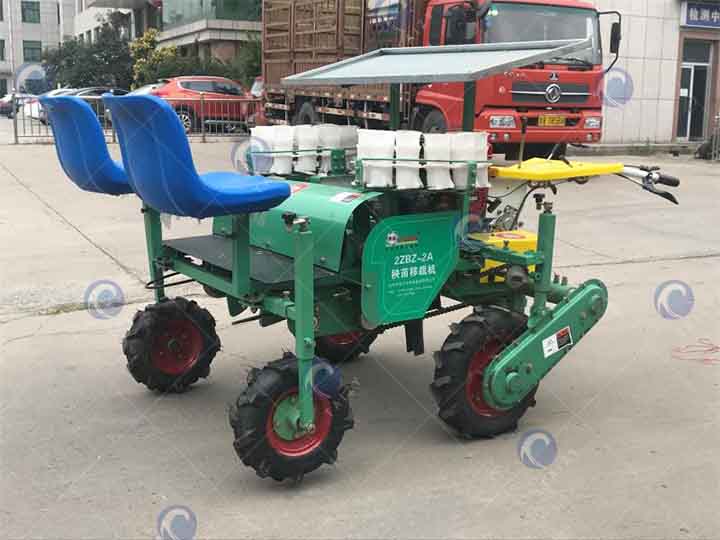
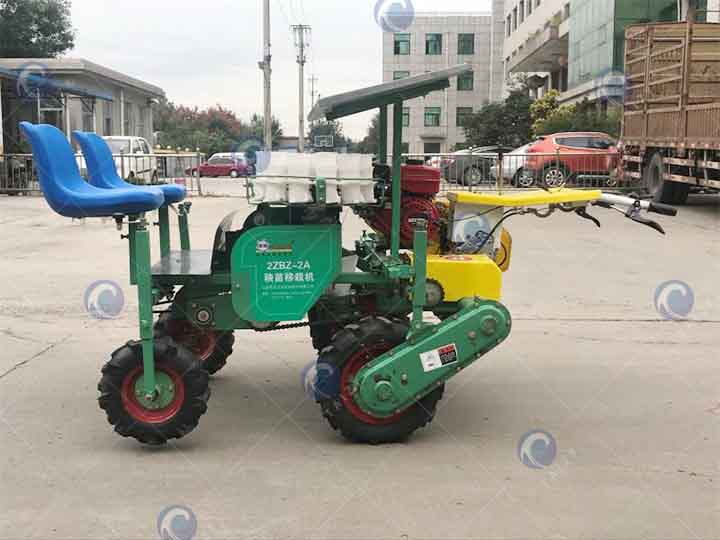
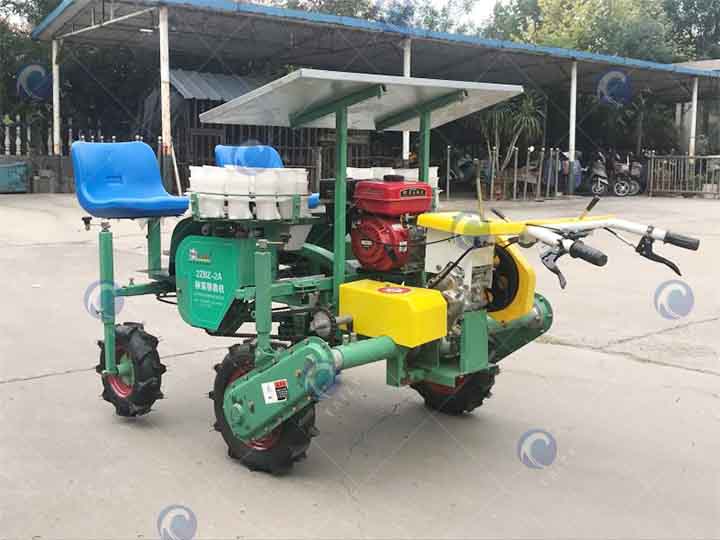
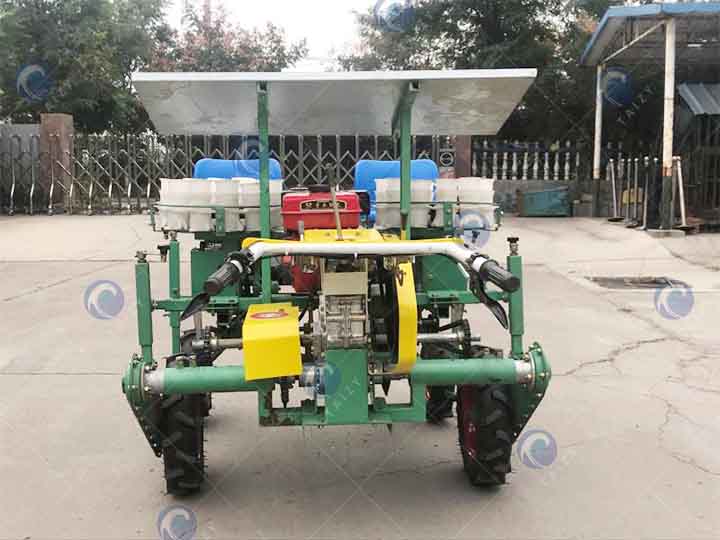
哥伦比亚的洋葱移植机
该客户来自哥伦比亚,是一位洋葱种植者。他有几个种植洋葱的温室。在购买移栽机之前,客户一直在雇人移植洋葱苗。人工移植可能需要很长时间,而且雇用工人也需要花钱。所以客户想购买一台插秧机来节省成本,提高效率。浏览我们的网站后,他决定与我们进一步交谈。而且由于客户要求的产量不是很高,所以我们推荐了两行自走式插秧机。客户对机器很满意,决定购买一台汽油机自走式插秧机。
蔬菜移栽机的应用范围
蔬菜移栽机可以移植许多秧苗。例如,洋葱、娃娃菜、西兰花、番茄苗、西红柿、辣椒、芹菜、洋葱、娃娃菜、西兰花、卷心菜、胡萝卜、香菜、大麻、烟草、南瓜、青豆、卷心菜、胡芦巴等。
此外,番茄移栽机不仅适合大型、多行农场种植,还适合丘陵、大棚移栽育苗。
蔬菜育苗移栽机是如何工作的?
自走式插秧机技术参数
| 模型 | 2ZBZ-2 | 2ZBZ-4 |
| 株距 | 200-500毫米 | 200-500毫米 |
| 行距 | 300-500毫米 | 150-300毫米 |
| 容量 | 1000-1400平方米/小时 | 1400-2000平方米/小时 |
| 排 | 2 | 4 |
| 力量 | 4.05千瓦 | 4.05千瓦 |
为什么选择我们的自走式洋葱插秧机?
1、使用范围广。我们的自走式洋葱移植机可以移植多种不同种类的幼苗。
2. 此外,我们的插秧机有不同的型号。我们的牵引插秧机可以施肥、起垄、旋耕、喷洒、覆盖、移植和铺滴灌带。我们还可以根据客户的需求定制机器。并且客户还可以根据自己的需要调整株距。
3. 多行。我们的机器有不同的行数,以满足客户的需求。
4、移栽机性能稳定,操作维护方便,效率高。而且能耗相对较低,使用寿命长。
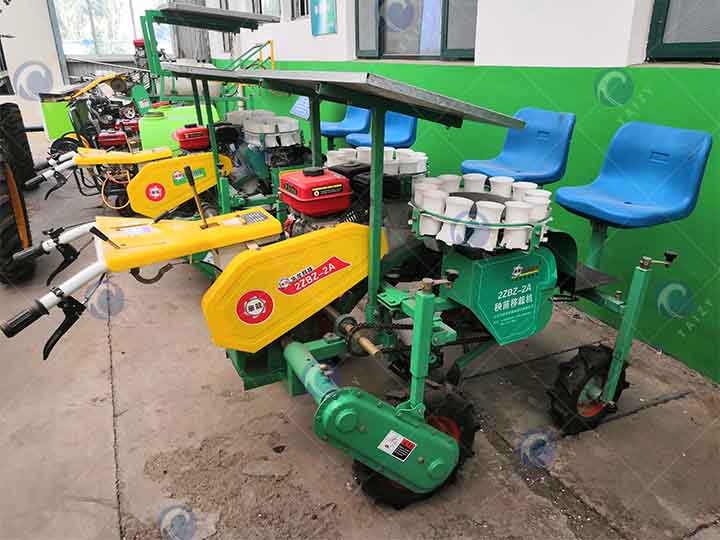
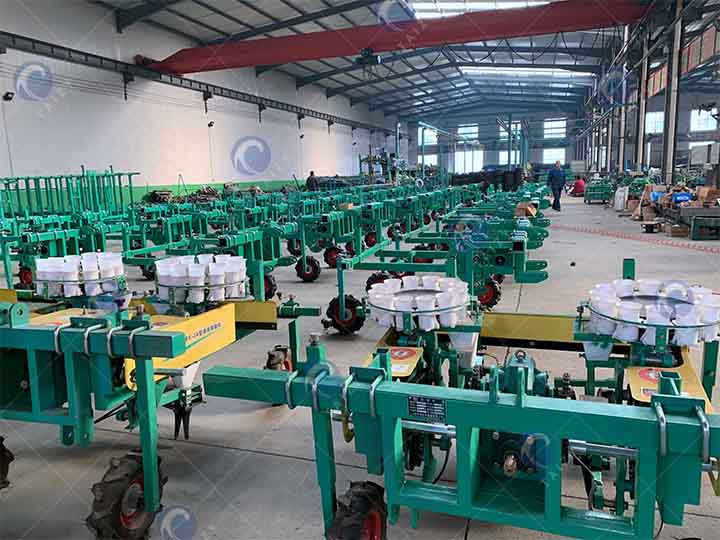
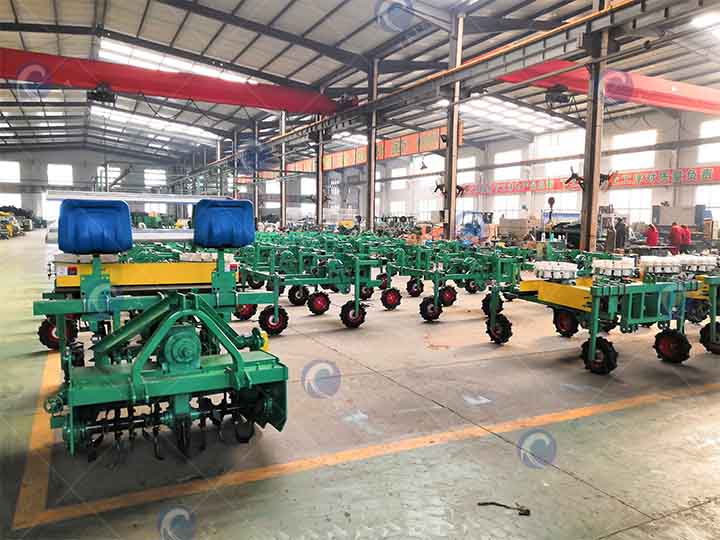
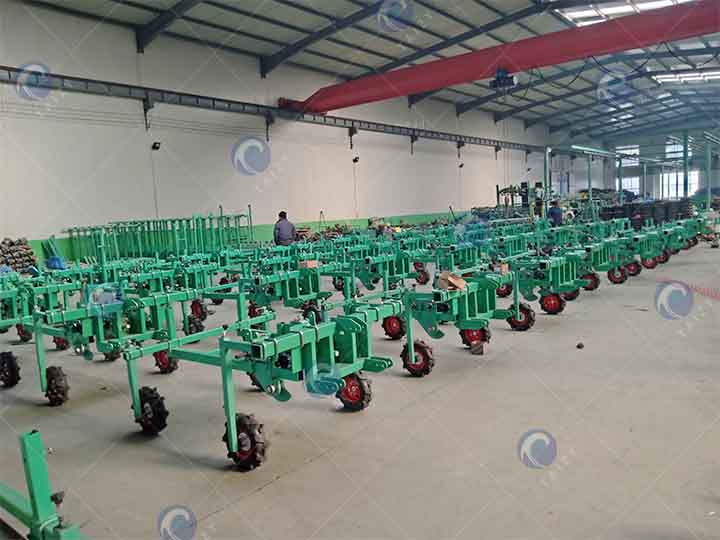
为什么要使用蔬菜育苗移栽机?
1、蔬菜插秧机同深度播种秧苗。且工作内容符合标准要求。因此苗木质量高,成活率高。
2、插秧机工作时不伤苗。因此使用该机可以减少苗木的损伤率,节省成本。
3、洋葱插秧机工作效率高,省时省力。
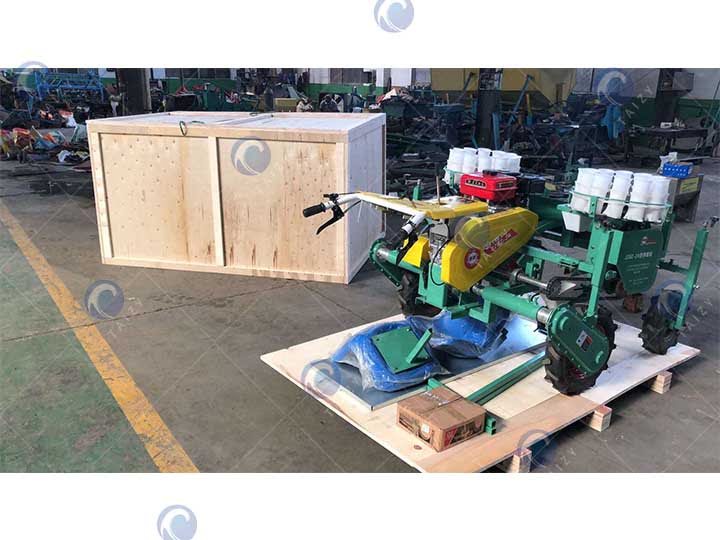
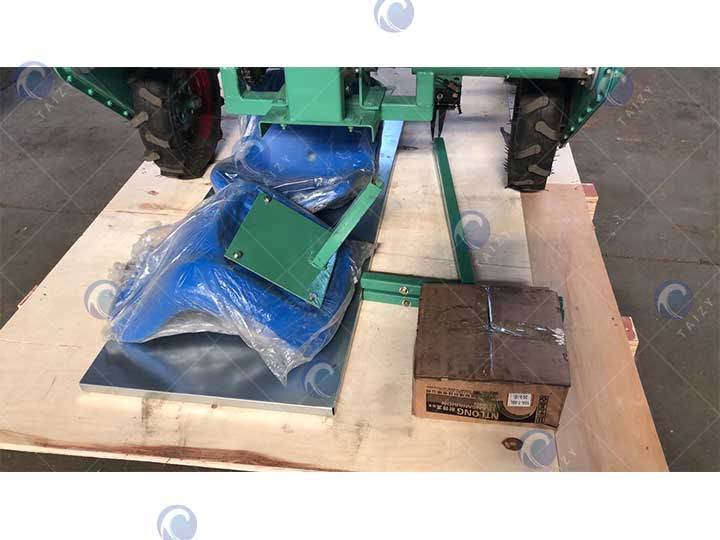
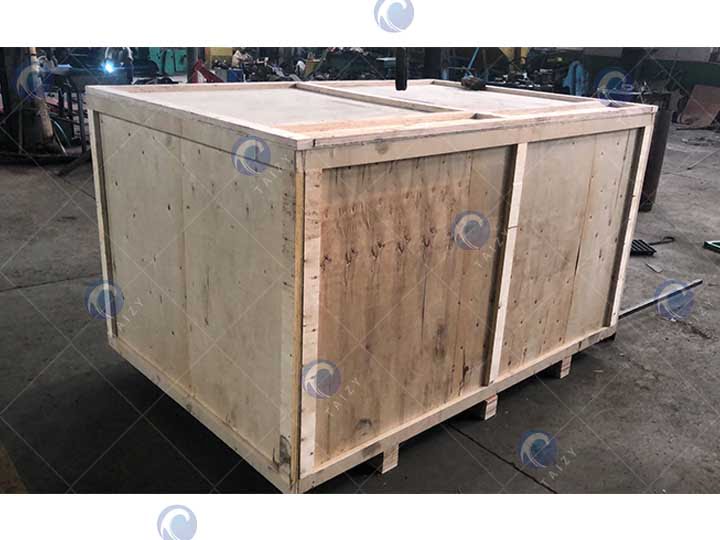
牵引式蔬菜插秧机的维护保养
1、蔬菜种植完毕后,我们需要存放移栽机。以保证机器的性能在存放过程中不被损坏。所以,我们需要关注它的一些存储要求,包括3个方面。
2、首先,在存放插秧机之前,应清除插秧机内部和外部的灰尘、一些污垢、种子和其他杂物。防止这些物质在储存过程中与机器表面发生反应。
3、其次,应将拖曳式蔬菜插秧机的油漆磨损处进行油漆处理,以保护储存期间不被腐蚀。
4、第三,蔬菜插秧机应存放在干燥的仓库内。也可将机器空置并用防水布覆盖,以避免雨淋、受潮和曝晒。